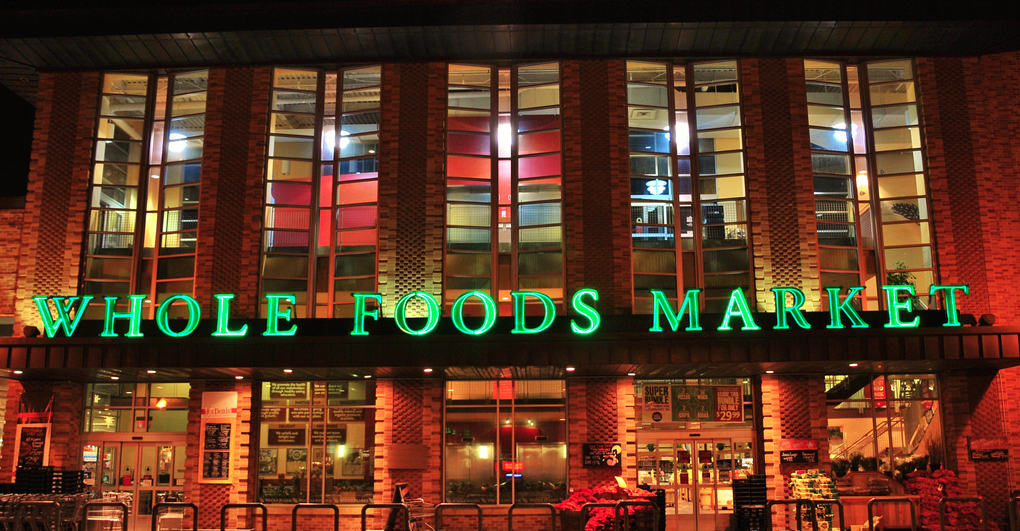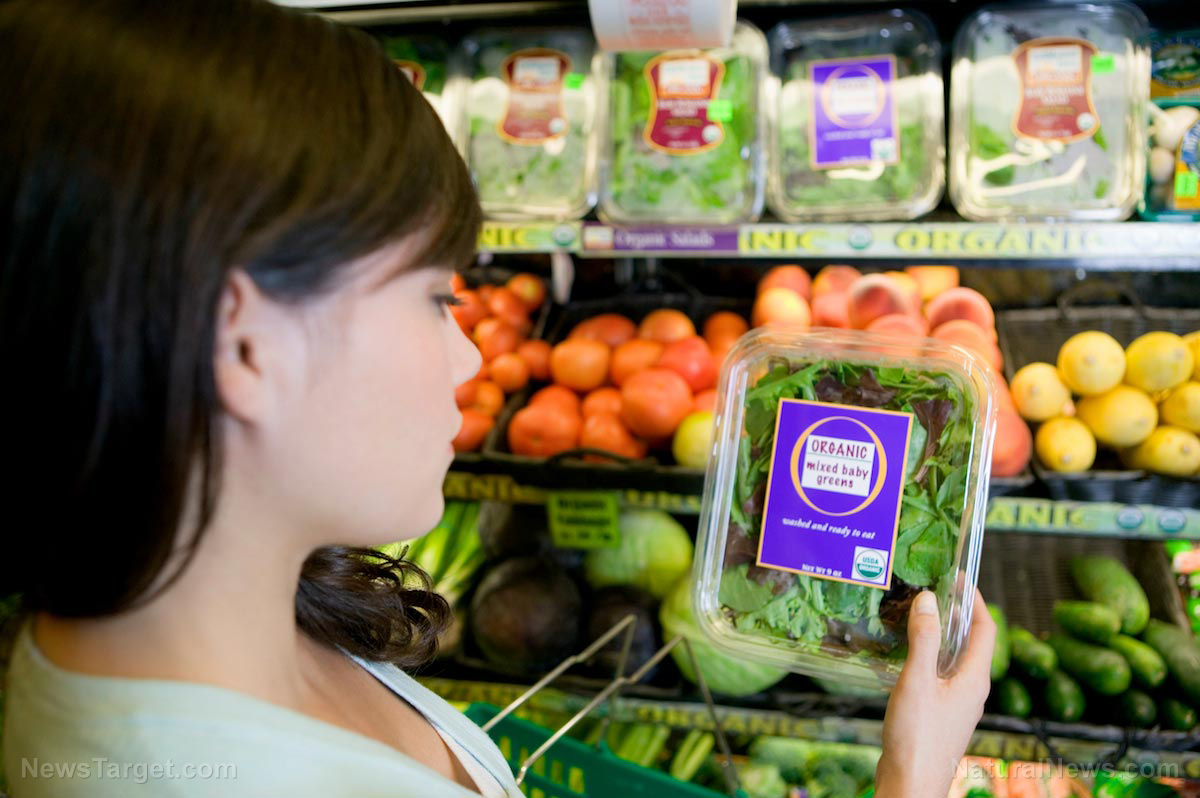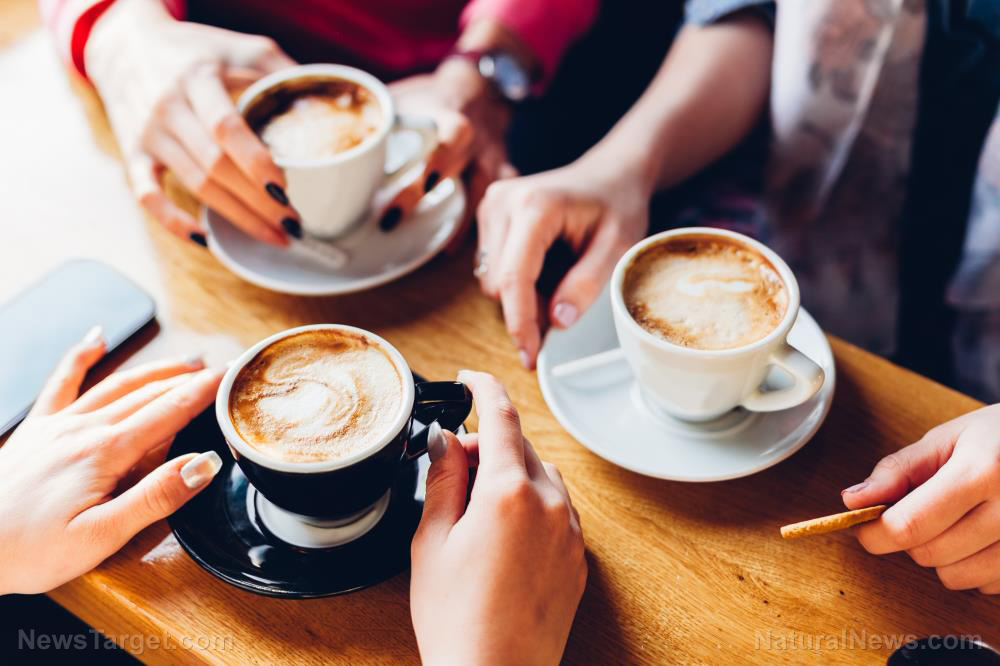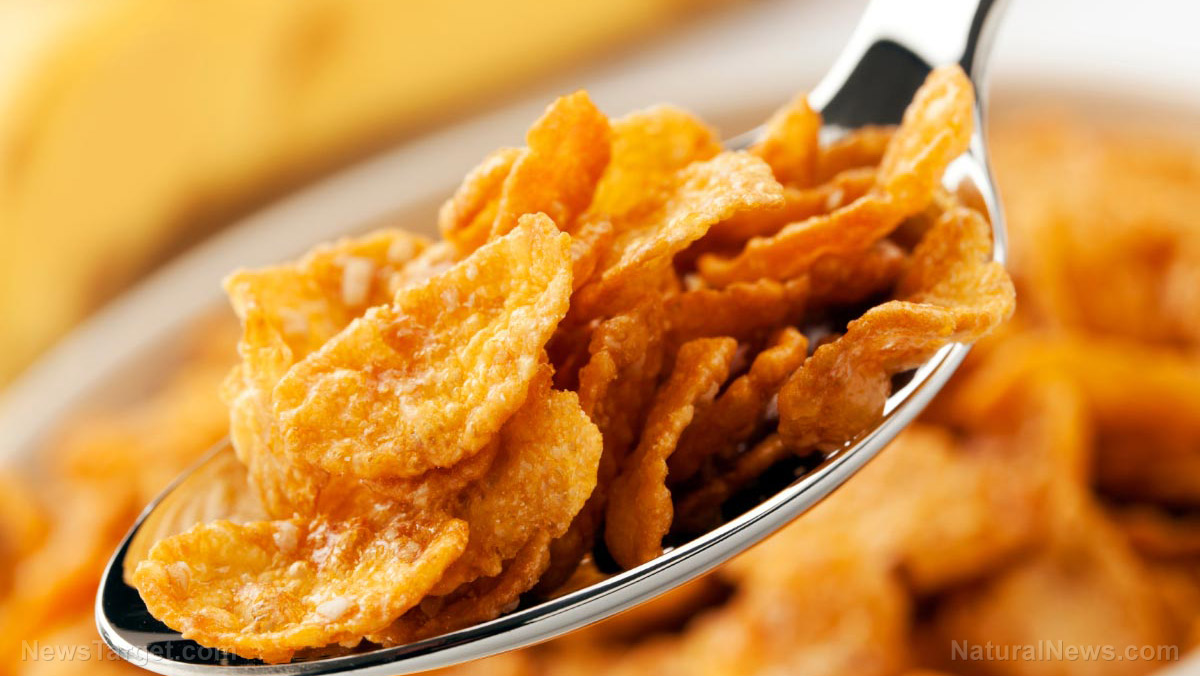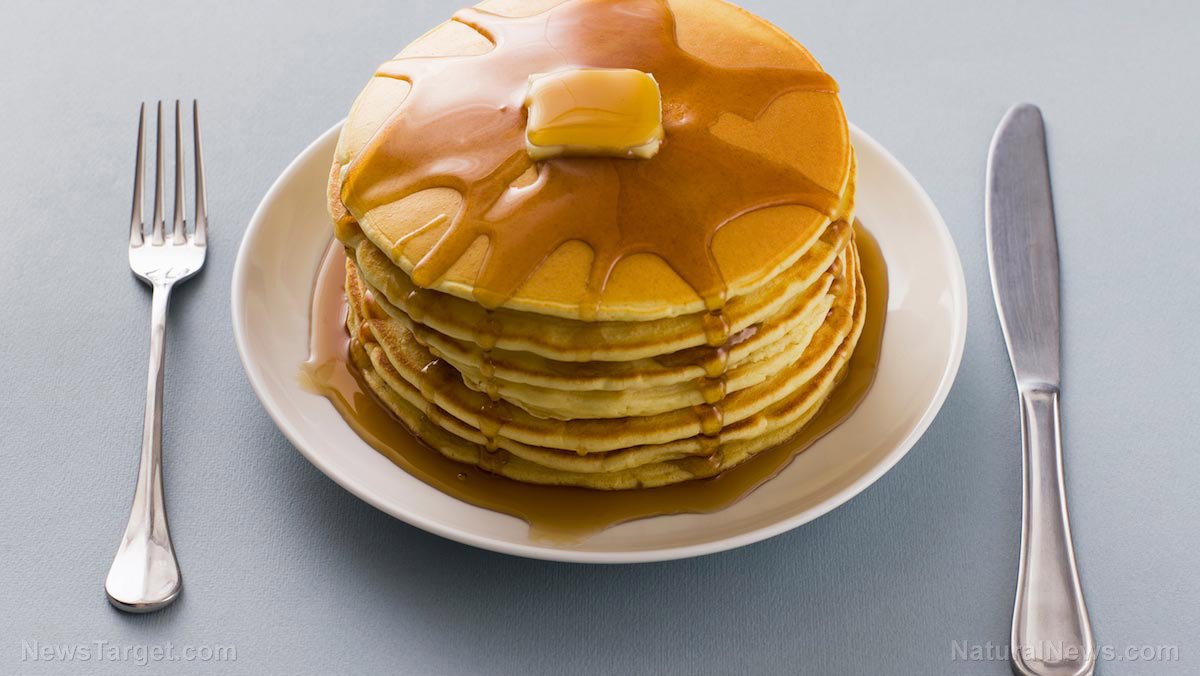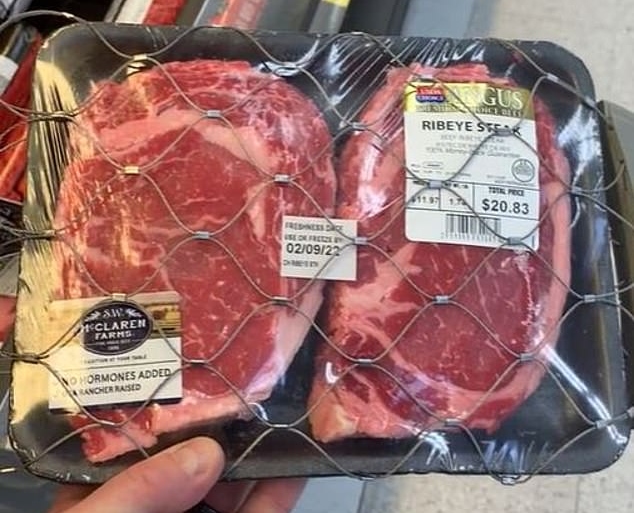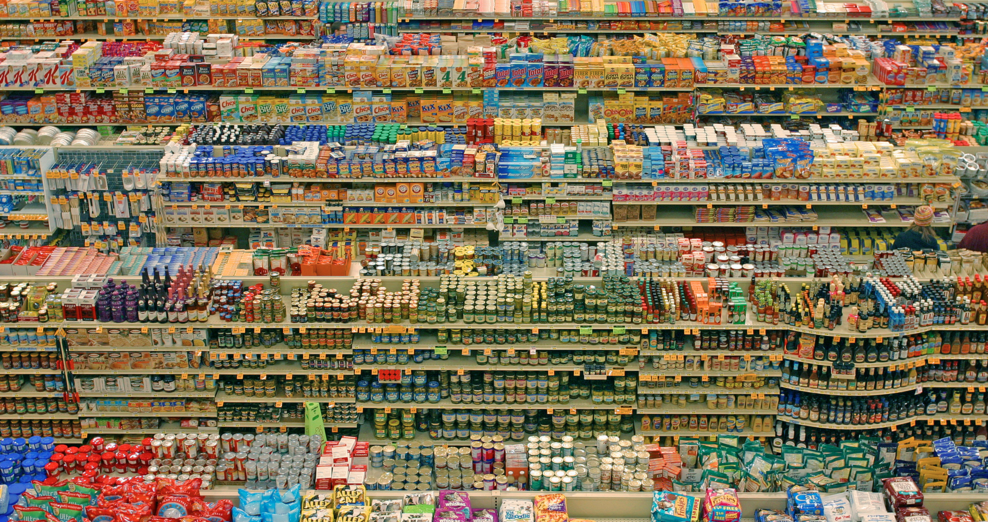Going green: Plastic is out, banana leaves are in for supermarket food packaging in Thailand and Vietnam
05/26/2019 / By Zoey Sky
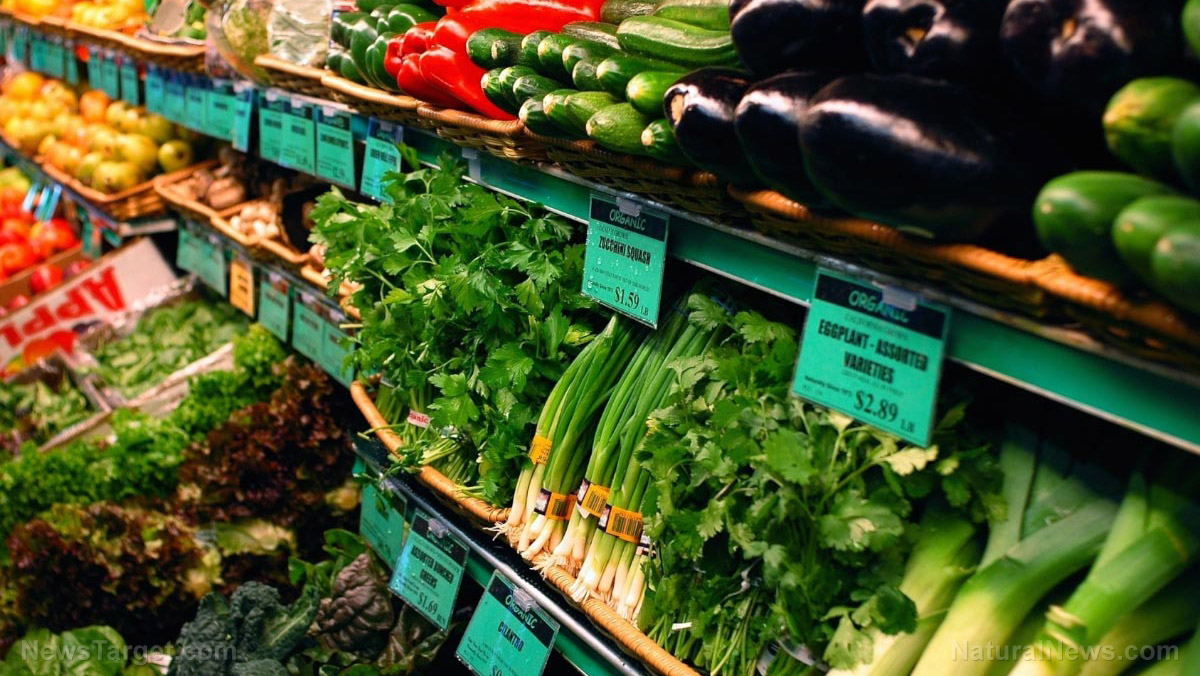
Many countries around the globe are making an effort to reduce their plastic waste to save wildlife – and humans – from its detrimental effects. In fact, Thailand and Vietnam are just some countries that are taking a page (or a leaf for this one) from Mother Nature’s playbook to combat plastic waste.
Banana leaves are nature’s answer to plastic waste problems
Data from a study by non-profit group Ocean Conservancy in 2015 revealed that both Thailand and Vietnam are two of the five countries that comprise at least 60 percent of plastic waste in the world’s oceans. In a bid to reduce their plastic waste production, supermarkets in both countries are starting to make the switch from single-use plastic bags to banana leaves, considered Mother Nature’s natural packaging.
Last March, a Facebook post from Perfect Homes Chiangmai revealed that Rimping Supermarket in Chiangmai, Thailand, has started wrapping produce in durable banana leaves. The eco-friendly post received more than 7,000 positive reactions and a whopping 17,000 shares in the social media platform.
On the other hand. some stores in Vietnam have also started using banana leaves as an alternate means of packaging.
In a report that appeared in VnExpress, one Lotte Mart outlet in Ho Chi Minh City has also started wrapping vegetables with banana leaves. Representatives from the supermarket chain shared that if the trial goes well, the practice will be rolled out to other Lotte Mart stores. They also expressed their hopes to use environmental wrapping for other products, such as meat. To date, consumer response to the eco-friendly switch has been positive.
Hoa, a local shopper, shared that seeing vegetables wrapped in sustainable banana leaves makes him “more willing to buy in larger quantities.” Shoppers like Hoa believe that this initiative can help locals become more aware of various means of protecting the environment. (Related: Biodegradable, compostable polymer films show promise for developing more eco-friendly packaging materials.)
Aside from Lotte Mart, other stores that have started using banana leaves as plastic alternatives include Saigon Co.op, which use them in outlets in Ho Chi Minh City, Phan Thiet, Tam Ky, Tay Ninh, and Quy Nhon. Meanwhile, the Big C chain started using banana leaves in Hanoi last April 1.
Banana leaves are a promising sustainable packaging choice for Thailand because the trees are common throughout the region. Trees in Thailand can yield leaves that are as large as nine feet in length.
Around the globe, more people are starting to use banana leaves to cover different kinds of foods. Since these are sturdy, they are ideal for packaging fresh produce which sells quickly.
Stores in Vietnam have also started looking into other eco-friendly food packaging options. At Lotte Mart, customers can buy boxes made of sugarcane waste, eggs wrapped in paper instead of plastic, and paper straws. At Big C, customers can use biodegradable shopping bags made out of corn powder.
Other Asian countries have taken measures to reduce the use of plastic bags. In South Korea, disposable bags have been banned while Taiwan charges a fee for the use of plastic bags. In 2008, China banned thin plastic bags. This reduced the country’s usage by 66 percent, which then reduced the number in use by a whopping 40 billion.
Tips for reducing plastic waste
Single-use plastics harm aquatic life. These even affect us, as we unknowingly consume fish and seafood tainted with microplastics. If you want to make a difference, listed below are some tips that can help reduce your plastic waste production.
- Always bring a reusable shopping bag. Keep a tote bag or a reusable shopping bag in your purse to eliminate the need for plastic bags.
- Don’t use plastic straws. Skip the straw, or buy reusable straws made of bamboo, glass, or stainless steel and always bring them with you. While dining at restaurants, let servers know that you don’t need plastic straws.
- Get reusable cutlery. When ordering take-out, tell servers that you don’t need plastic cutlery. If you’re taking the food home, you can just use the silverware that you already own.
- Start using refillable, reusable water bottles. Single-use plastic bottles are another source of plastic waste, and switching to reusable water bottles can help make a difference.
Help reduce plastic waste by refusing single-use plastic products and using refillable water bottles and tumblers for your daily cup of coffee.
Sources include:
Submit a correction >>
Tagged Under:
banana leaves, clean food, food packaging, food science, grocery, plastic packaging, plastic waste, plastics, sustainable packaging, Thailand, Vietnam
This article may contain statements that reflect the opinion of the author
RECENT NEWS & ARTICLES
COPYRIGHT © 2017 TOP 10 GROCERY SECRETS


